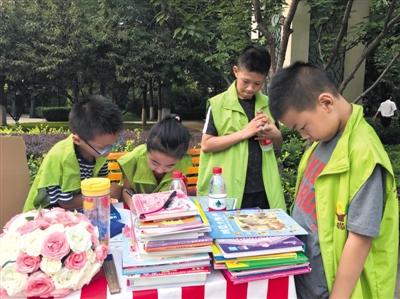Over the past few years, it has become more and more popular for students in China to engage in charity work and social service. Although the Chinese educational system is still more focused on examination scores, volunteering and social activities could be included in the curriculum the future, as required by the reform itinerary of the high school and university entrance examinations. In 2017, the Ministry of Education issued the Guiding Principles of Junior High and Elementary School’s Comprehensive Practical Activity Course, listing social services as a major way of carrying out practical activities, requiring students to take part in charity work and volunteer services through this course.
A recent example of this trend can be found in Beijing, where a kindergarten’s alumni association has called on parents and alumni to donate books in order to set up libraries in remote villages in China. The Little Oak Kindergarten, founded by a mother who returned to the city after graduating from Harvard, gives character-building a very important place. Its alumni association, consisting of parents and graduates from the kindergarten, focuses on organizing charity work, mostly carried out by students who are still in primary school.

Children working at the Little Oak Charity Center collecting books for donation
In comparison to private schools, the public school system appears to have fallen behind in providing good volunteering opportunities for students. According to a report by The Beijing News, most schools still do not have a well-developed program for such activities. What they do frequently offer are traditional tree-planting projects or senior home visits that the students themselves might not be interested in. It would be positive if more participation was sought from NGOs and civil society, in order to help the schools in designing better such programs for students in the future.



